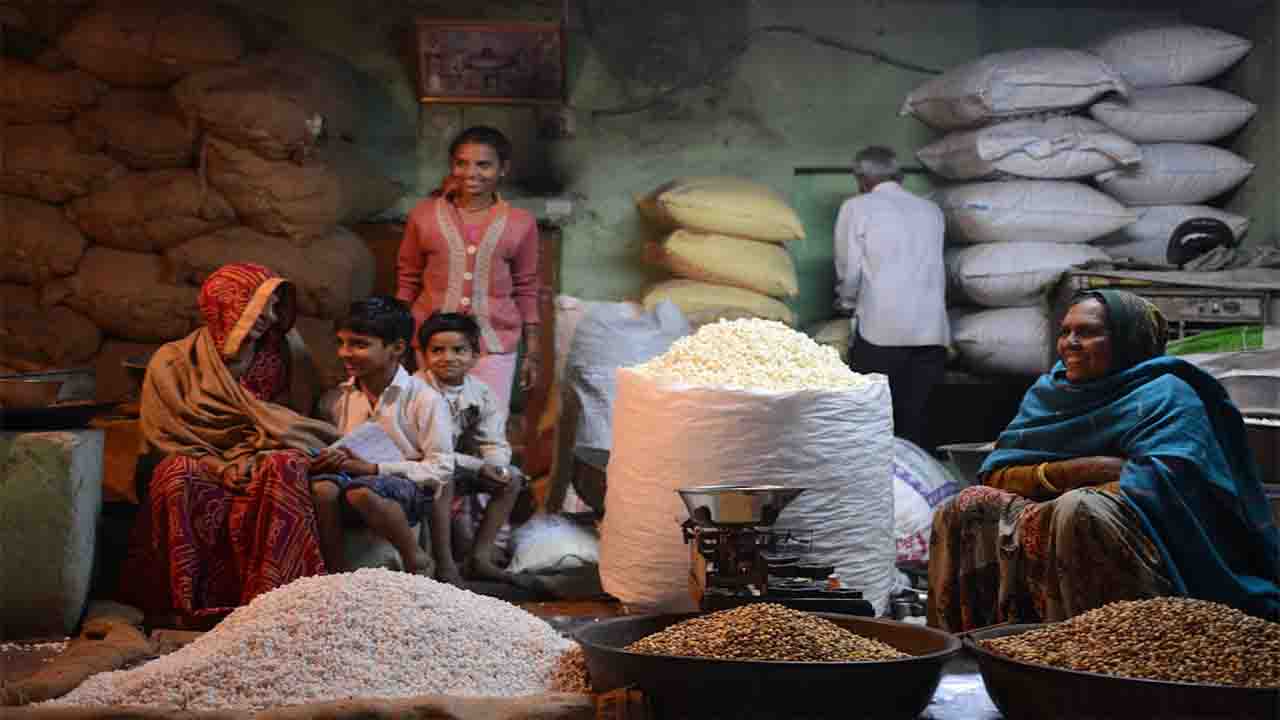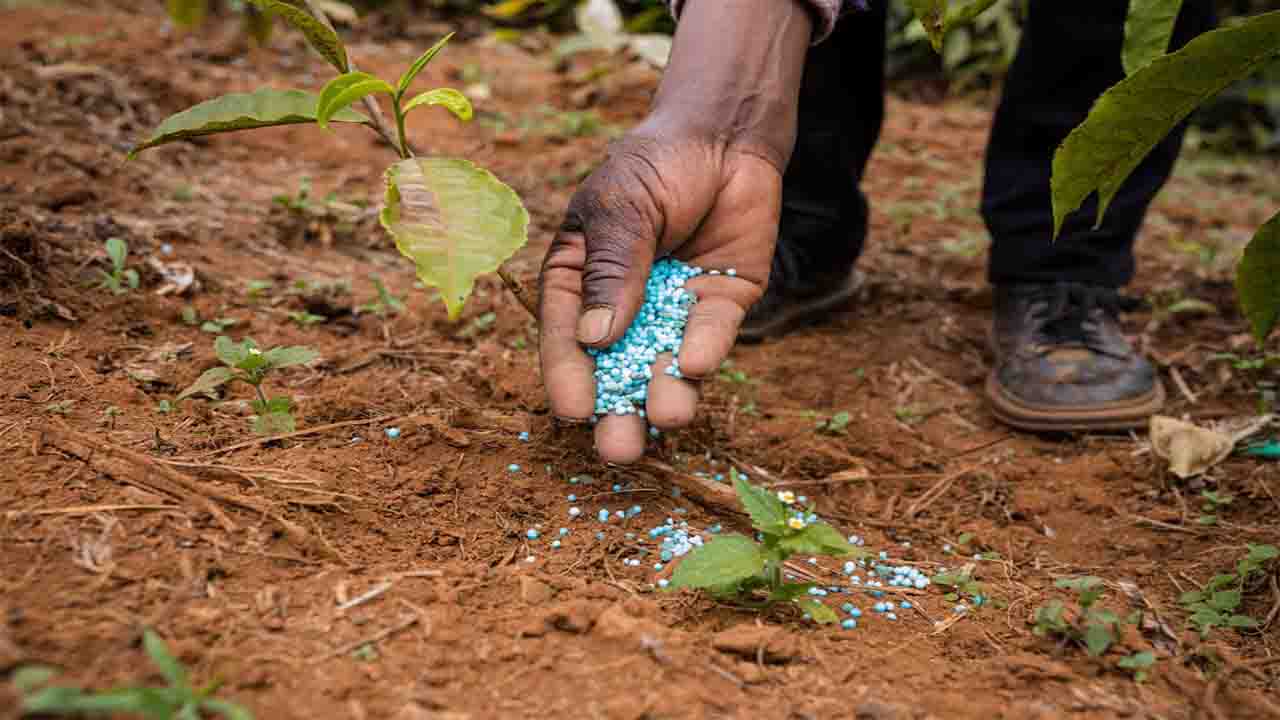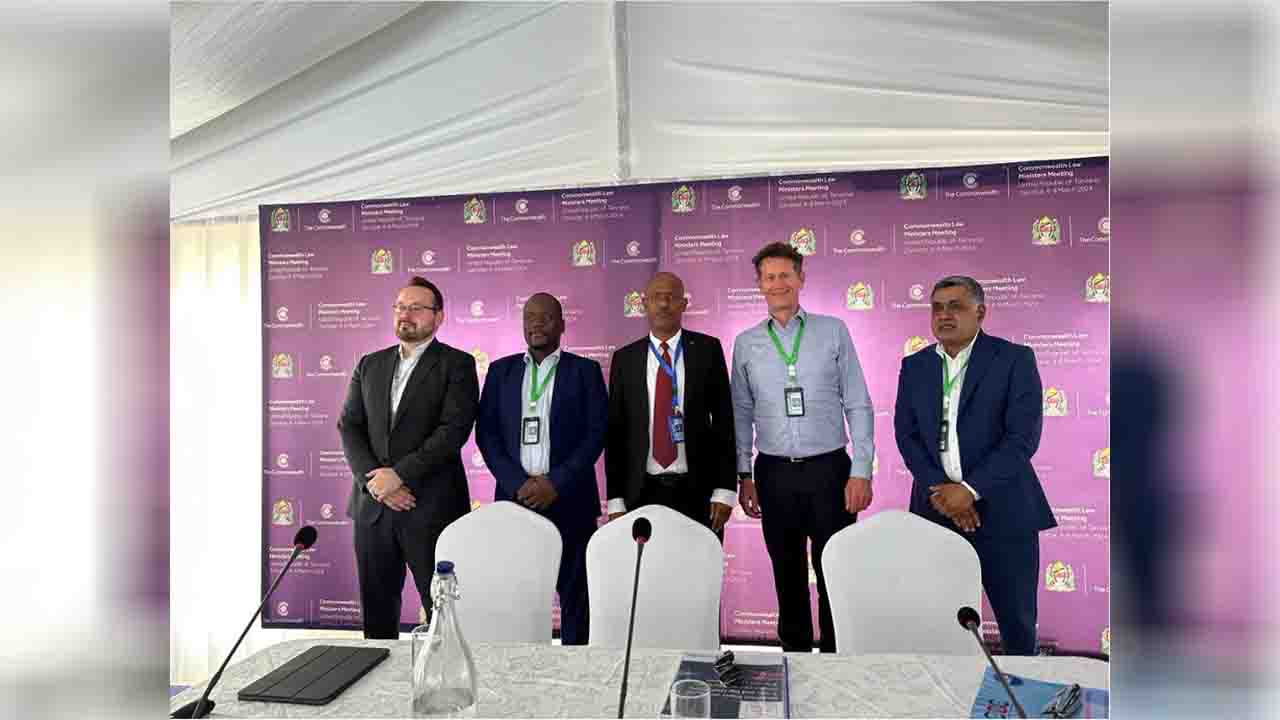The World Bank’s biannual economic analysis for the region of Africa is like an investor’s guide book that, among other things, forecasted an economic growth by almost 2.6 % for South Africa.
The overall economic growth in Sub-Saharan Africa would have contracted by 2% in 2020 with prospects for rebound again as the global pandemic contains and brings under control.
The Future of Work in Africa: Emerging Trends in Digital Technology Adoption, has acknowledged the factors such as a slower spread of the virus and lower COVID-19-related mortality, substantial growth in agriculture and a faster-than expected recovery in commodity prices had contributed to make most of the African economies resilient in the context of the COVID-19 pandemic induced contraction.
Far-reaching reforms
However, growth and robust recovery of these economies, more or less, depend on far-reaching reforms that create tens of thousands of new jobs, facilitate investments and create a competitive investor-friendly environment.
“African countries have made tremendous investments over the last year to keep their economies afloat and protect the lives and livelihoods of their people,” Albert G. Zeufack, World Bank Chief Economist for Africa said.
“Ambitious reforms that support job creation, strengthen equitable growth, protect the vulnerable and contribute to environmental sustainability will be key to bolstering those efforts going forward toward a stronger recovery across the African continent.”
Prospects of higher economic growth
Higher economic growth in the region is forecasted with an increase between 2.3 and 3.4% in 2021. The fact remains that the growth prospects are, more or less, dependent on the policies that successive governments may adopt.
A second wave of COVID-19 infections would have negative impact on the growth prospects in 2021 as daily infections around 40% higher than during the first wave.
Some countries in the region were able effectively to contain and control the pandemic with a significant drop in COVID-19 infections, while some other countries are experiencing an upward trend in infections. This, obviously, affects the real GDP growth for 2022, which is estimated at 3.1%.
A common trend among most of the countries in the region is that the economic activities are still far below the pre-pandemic level towards the end of 2021. This would suggest that the negative spillover effects of the global pandemic on the lives of the people in general and on vulnerable segments of the economies in particular are, more or less, long-lasting.
The recovery in the Sub-Saharan Africa is expected to vary across countries; non-resource-intensive countries, such as Côte d’Ivoire and Kenya, and mining-dependent economies, such as Botswana and Guinea, are expected to record robust growth in 2021.
The predicted growth is, primarily, led by a rebound in private consumption and substantial investments in diverse sector as confidence regains and rapid exports increases.
Regional growth prospects
In the Eastern and Southern Africa sub-region, the economy contraction for 2020 is estimated at -3.0%, typically driven by South Africa and Angola, the sub-region’s largest economies. Besides Angola and South Africa, economic activities in the sub-region are expected to expand by 2.6% in 2021, and 4.0% in 2022 respectively.
While growth in the Western and Central Africa sub-region have contracted by 1.1% in 2020, which is below the projected rate of contraction in October 2020, partially due to a less severe contraction in Nigeria, the sub-region’s largest economy, in the second half of the year. Real GDP in the Western and Central Africa sub-region is forecasted to grow 2.1% in 2021 and 3% in 2022.
“African countries have made tremendous investments over the last year to keep their economies afloat and protect the lives and livelihoods of their people,” said Albert G. Zeufack, World Bank Chief Economist for Africa. “Ambitious reforms that support job creation, strengthen equitable growth, protect the vulnerable and contribute to environmental sustainability will be key to bolstering those efforts going forward toward a stronger recovery across the African continent.”
If the counties in the region of Sub-Saharan Africa really intend to achieve higher growth rate in their GDPs, the governments should seriously consider implementing far-reaching economic reforms that would not only create tens of thousands of employments, enhance substantial investments, but also make the continent competitively an attractive investment destination.
















